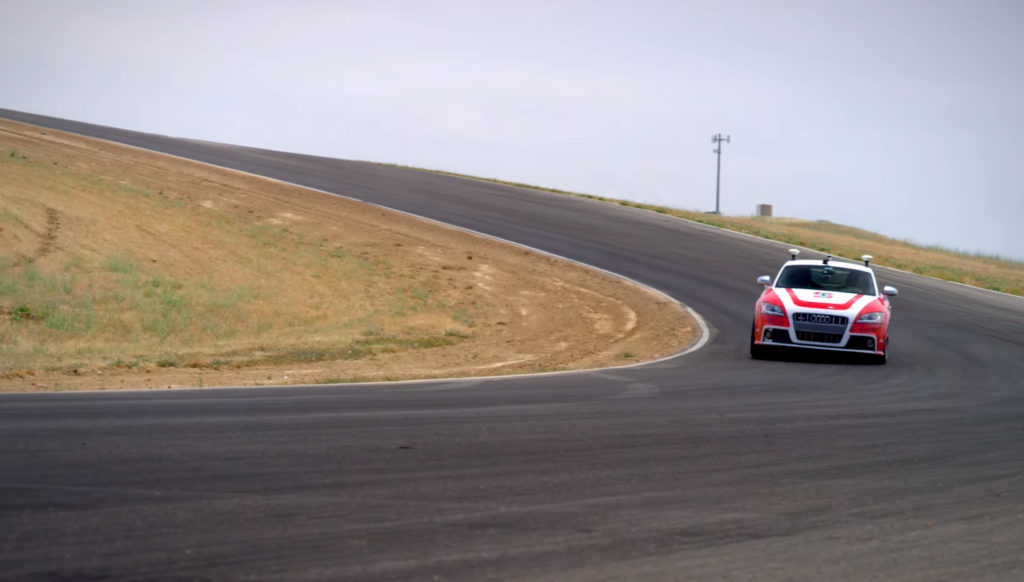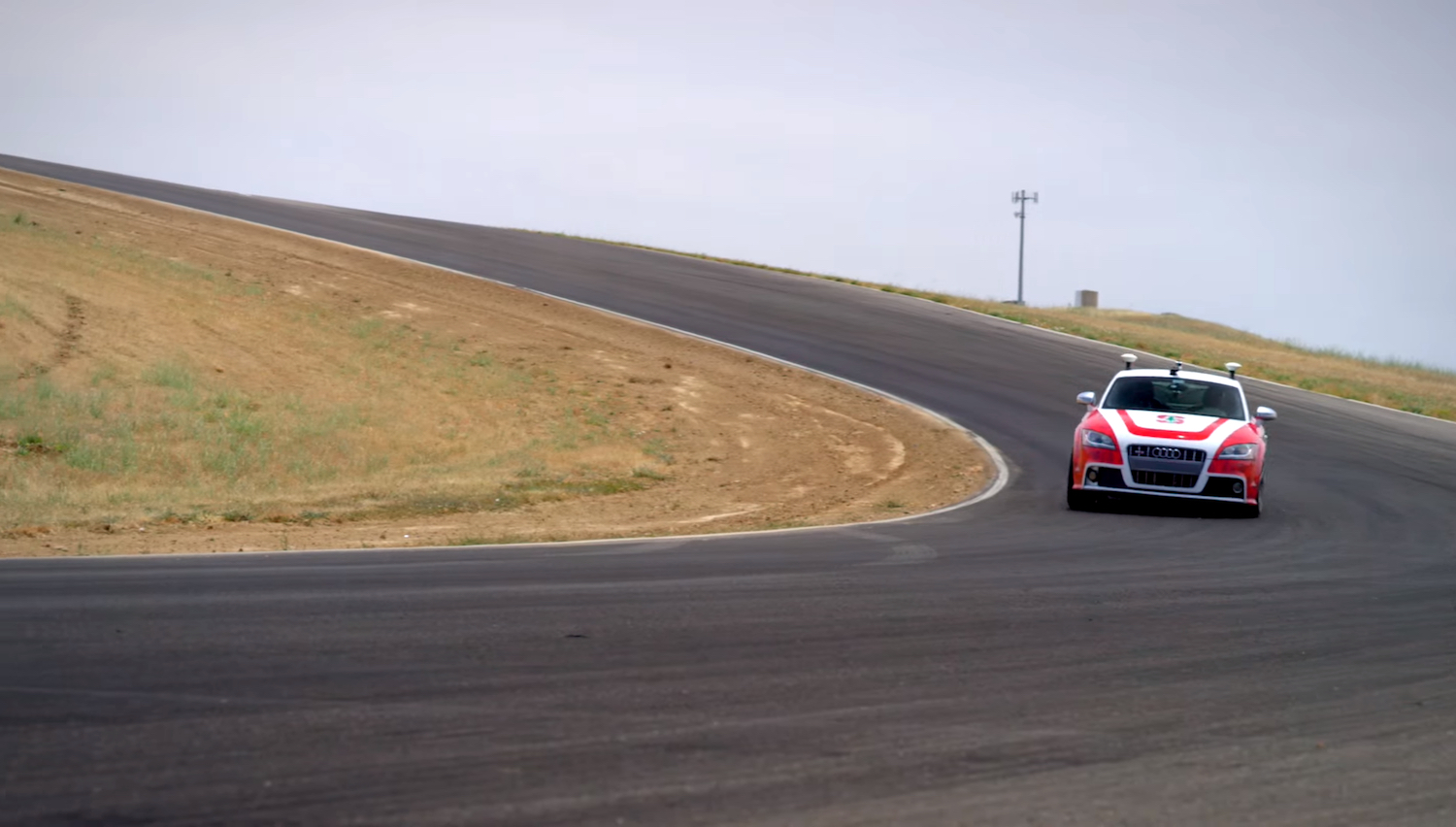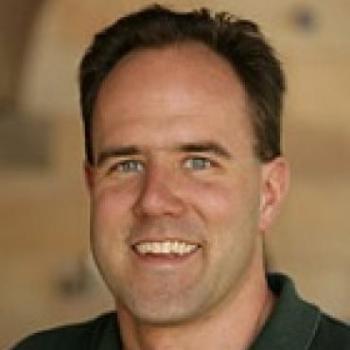
Robohub.org
245
High-Performance Autonomous Vehicles with Chris Gerdes


In this episode, Audrow Nash interviews Chris Gerdes, Professor of Mechanical Engineering at Stanford University, about designing high-performance autonomous vehicles. The idea is to make vehicles safer, as Gerdes says, he wants to “develop vehicles that could avoid any accident that can be avoided within the laws of physics.”
In this interview, Gerdes discusses developing a model for high-performance control of a vehicle; their autonomous race car, an Audi TTS named ‘Shelley,’ and how its autonomous performance compares to ameteur and professional race car drivers; and an autonomous, drifting Delorean named ‘MARTY.’
Chris Gerdes
 Chris Gerdes is a Professor of Mechanical Engineering at Stanford University, Director of the Center for Automotive Research at Stanford (CARS) and Director of the Revs Program at Stanford. His laboratory studies how cars move, how humans drive cars and how to design future cars that work cooperatively with the driver or drive themselves. When not teaching on campus, he can often be found at the racetrack with students, instrumenting historic race cars or trying out their latest prototypes for the future. Vehicles in the lab include X1, an entirely student-built test vehicle, and Shelley, an Audi TT-S capable of turning a competitive lap time around the track without a human driver. Professor Gerdes and his team have been recognized with a number of awards including the Presidential Early Career Award for Scientists and Engineers, the Ralph Teetor award from SAE International and the Rudolf Kalman Award from the American Society of Mechanical Engineers.
Chris Gerdes is a Professor of Mechanical Engineering at Stanford University, Director of the Center for Automotive Research at Stanford (CARS) and Director of the Revs Program at Stanford. His laboratory studies how cars move, how humans drive cars and how to design future cars that work cooperatively with the driver or drive themselves. When not teaching on campus, he can often be found at the racetrack with students, instrumenting historic race cars or trying out their latest prototypes for the future. Vehicles in the lab include X1, an entirely student-built test vehicle, and Shelley, an Audi TT-S capable of turning a competitive lap time around the track without a human driver. Professor Gerdes and his team have been recognized with a number of awards including the Presidential Early Career Award for Scientists and Engineers, the Ralph Teetor award from SAE International and the Rudolf Kalman Award from the American Society of Mechanical Engineers.
Links
- Download mp3 (21.7 MB)
- Dynamic Design Lab
- Center for Automotive Research at Stanford
- Subscribe to Robots using iTunes
- Subscribe to Robots using RSS
tags: Actuation, Automotive, c-Research-Innovation, Industrial Automation, podcast, Research, robot




